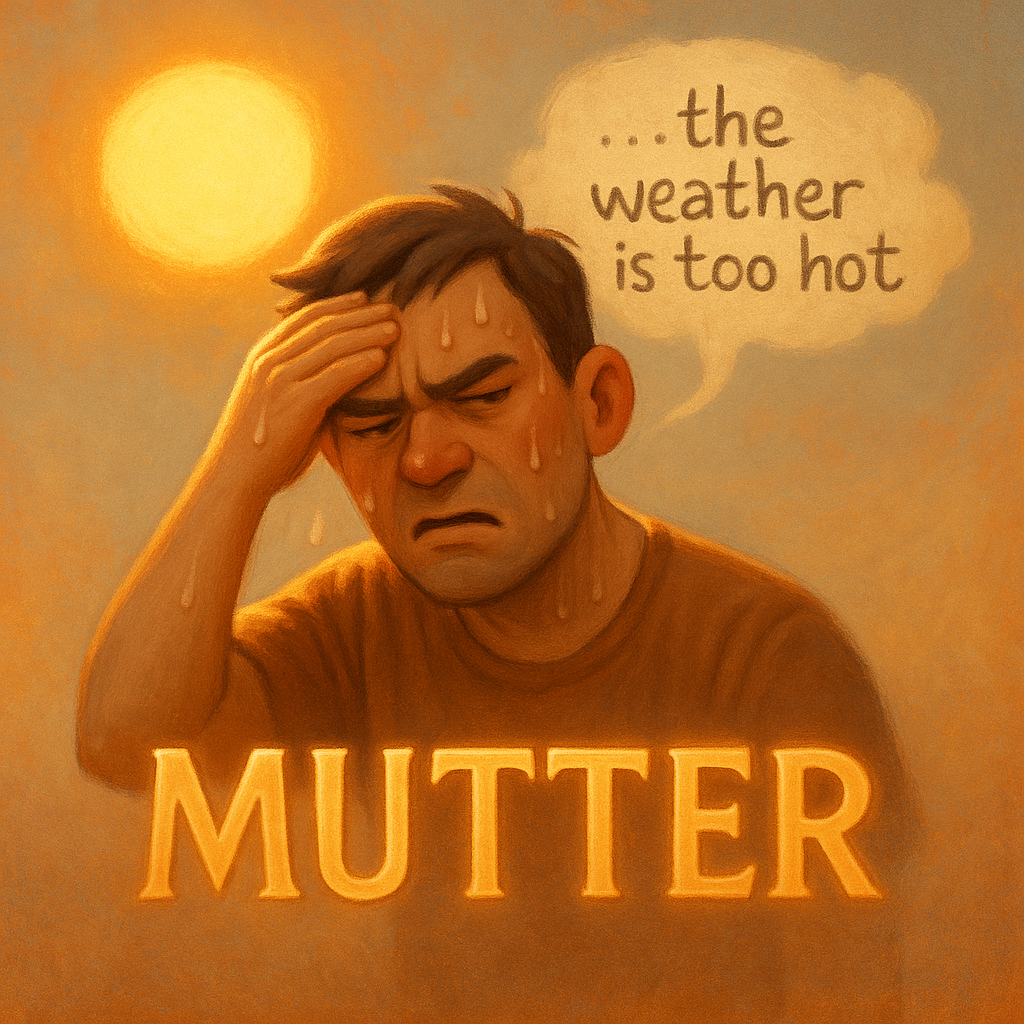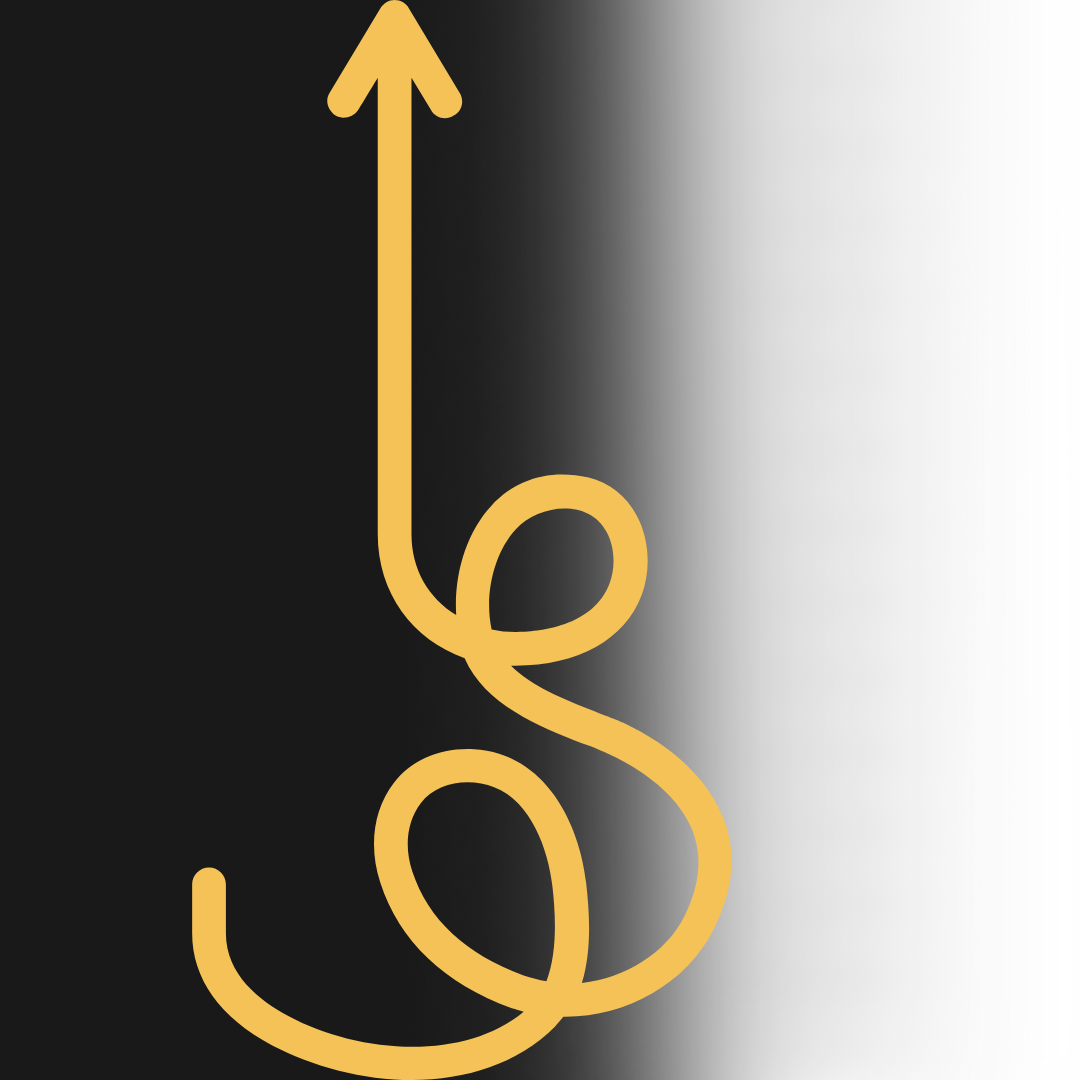Mutter
Definition
Mutter can function as a verb meaning to speak in a low, indistinct tone, often as a complaint or under one’s breath; as a noun, it refers to a low, continuous or indistinct utterance or whisper.
Parts of Speech
- Verb (intransitive)
- Noun
Pronunciation
American English
- IPA: /ˈmʌtər/
- Respelling: MUT-er
British English
- IPA: /ˈmʌtə/
- Respelling: MUT-uh
Etymology
Mid 16th century: from Middle English muttren, of imitative origin, akin to German mutter “to murmur”; ultimately from Old English mytherian “to murmur, grumble.”
Derivatives
- muttered (verb past)
- muttering (verb gerund/adjective)
- mutterer (noun)
Synonyms
- murmur
- mumble
- whisper
- grumble
- complain
Antonyms
- articulate
- proclaim
- announce
- declare
- speak up
Usage
Verb: The verb "mutter" is used to describe speaking in a low, barely audible voice, often as a complaint. For example, "He muttered an apology under his breath," or "She muttered about the long commute."
Noun: The noun "mutter" refers to a low or indistinct utterance. For example, "A murmur and mutter of discontent rose from the crowd," or "I heard a quiet mutter from the back of the room."
Related Terms
- Murmur: A low continuous sound.
- Mumble: Speak indistinctly.
- Whisper: Speak very softly.
- Grumble: Complain in a low voice.
- Under one’s breath: In a very quiet voice.
Detailed Definitions
Verb
- To speak quietly and indistinctly, often as a complaint – to utter words under one’s breath.
- Example: "He muttered something about the weather being too hot."
- To say something in a low, repeated tone – to speak in a barely audible voice as background noise.
- Example: "The students muttered among themselves when the teacher didn’t show."
Noun
- A low continuous or indistinct utterance – a whispered or half-uttered complaint or comment.
- Example: "The murmur and mutter of voices filled the hallway."
- An indistinct sound or whisper – a soft, indistinct sound of speech.
- Example: "She could barely make out the mutter of instructions."
mutter








